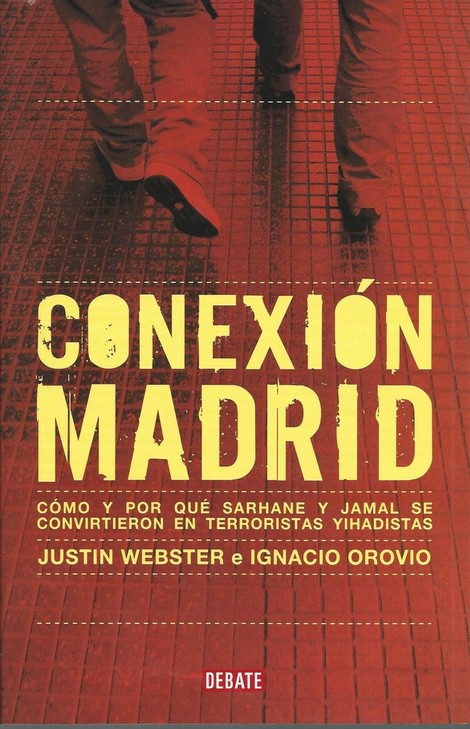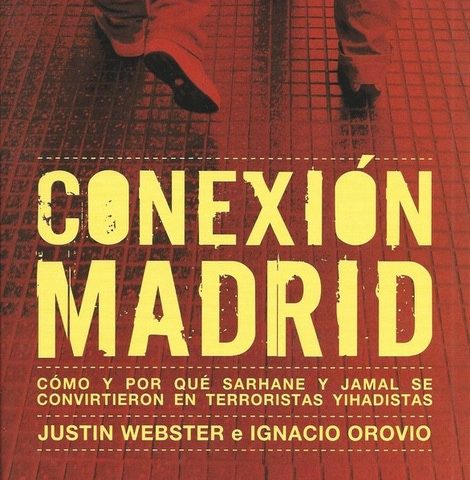
Availability: Online and Physical
Matter: Research
Year: 2009
Turning five years after the brutal March 11th attacks, this book reconstructs the parallel lives of the two men fundamental to its organization: Jamal Ahmidan and Sarhane ben Abdelmajid Fakhet. Two young Muslim immigrants, settled in Spain since the 1990s, and whose meeting, just six months earlier, proved decisive in the preparation and execution of the greatest attack in Europe's history. For two and a half years, Justin Webster and Ignacio Orovio rebuilt in detail the trajectories of the Chino and Tunisian. Only the confluence of these two disparate personalities, a criminal and a religious fundamentalist, explains such an action; neither of them separately would have been able to organize it.
The careful analysis of more than 100,000 pages of legal documents, contact with direct sources who in many cases spoke for the first time, and visits to Morocco, Tunisia, Turkey, the Netherlands and England, looking for a history dating back to the early nineties, they manage to outline the psychological path of the cell leaders. Madrid connection inserts in the history of contemporary jihadism the life trajectory of Jamal and Sarhane and represents the deepest research on the origins of March 11th, the attack that touched the foundations of the Spanish society and the bloodiest carried out by Islamic fundamentalism on European ground.

